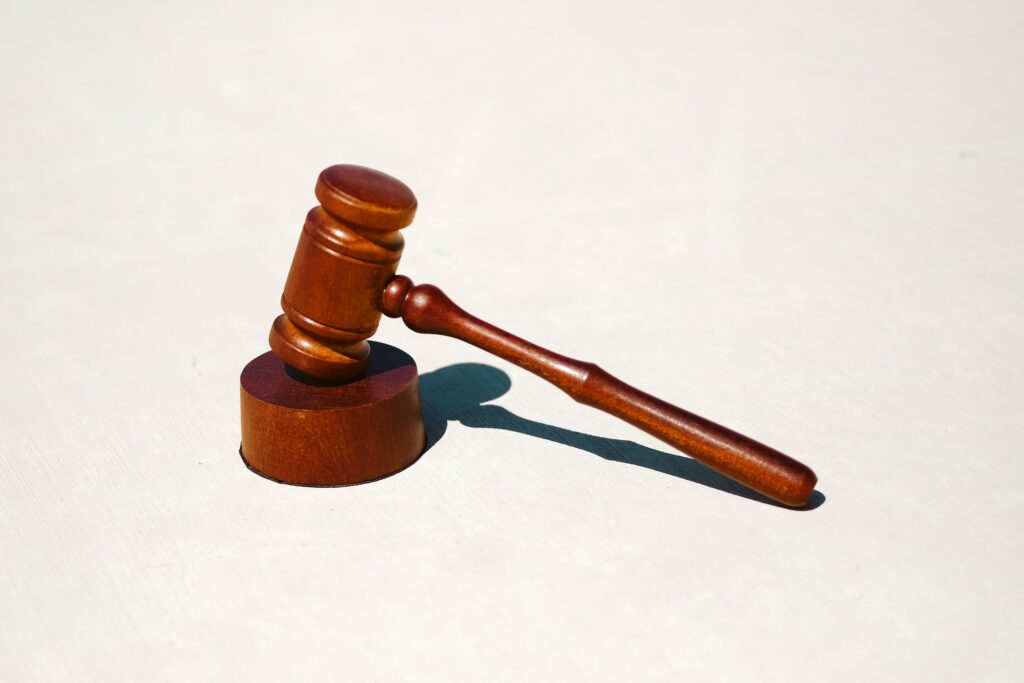
(Cupventi.com) – In a significant legal turn, the New York appeals court overturned the 2020 rape conviction of Harvey Weinstein, once a towering figure in Hollywood, setting the stage for a new trial. The case had been one of the most high-profile outcomes of the #MeToo movement, which called attention to sexual misconduct by powerful men in various industries.
The appeals court, by a narrow margin of 4-3, determined that the trial judge had permitted testimony from women who alleged that Weinstein had assaulted them, despite their accusations not being directly linked to the charges at hand. This decision has elicited a range of reactions, underscoring the complexity and emotional depth of the case.
Weinstein, who was sentenced to 23 years in prison in February 2020, was found guilty of forcing oral sex on Mimi Haley, a former TV and film production assistant, in 2006 and committing third-degree rape of Jessica Mann, a hairstylist, in 2013. However, he was acquitted of more severe charges, including first-degree rape and two counts of predatory sexual assault concerning allegations made by actor Annabella Sciorra from incidents in the 1990s.
Following the appeals court’s decision, Donna Rotunno, Weinstein’s defense attorney, issued a statement emphasizing the importance of procedural fairness. “Justice was served. I believe this decision is larger than Harvey Weinstein,” Rotunno declared. “Courts cannot operate on emotion and lack of due process. The world is off-balance, and when the justice system does not work, nothing does. This decision restores faith in the foundation of our system.”
The reaction from those who have accused Weinstein was palpable. Actress Ashley Judd, a prominent figure in bringing allegations against Weinstein to the forefront, expressed her dismay at a press conference. “This today is an act of institutional betrayal,” Judd stated. “Our institutions betray survivors of male sexual violence. And we need to work within and without the systems to start having what is known as institutional courage.”
Despite the appeals court’s overturning of his New York conviction, Weinstein remains incarcerated. He was extradited to California in July 2021 to face charges related to allegations of sexual assault in Los Angeles and Beverly Hills, spanning from 2004 to 2013. In December 2022, a California court convicted Weinstein of rape, forced oral copulation, and another count of sexual misconduct involving an individual known as Jane Doe 1. He received a 16-year sentence in February 2023, a decision Weinstein’s legal team has also vowed to challenge.
Further complicating Weinstein’s legal battles, his attorney, Arthur Aidala, filed an appeal in January 2023, arguing for a new trial on the basis that Weinstein had not received a fair trial in New York, citing “legally insufficient charges.”
Weinstein’s representatives have vehemently defended his innocence. “Harvey is innocent and never should have been convicted or even tried for these allegations,” said Juda Engelmayer, Weinstein’s spokesperson. Engelmayer also criticized the conduct of the trial, particularly targeting the former judge for alleged bias and procedural errors that they claim influenced the trial’s outcome adversely.
The legal saga surrounding Weinstein continues to unfold, reflecting broader debates about justice, accountability, and how society responds to allegations of sexual misconduct. This case remains a touchstone in the #MeToo movement, illustrating both its impact and the challenges that lie ahead.